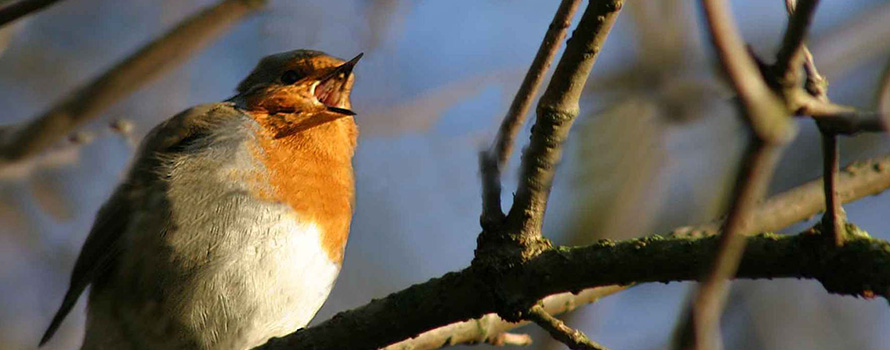The familiar whistling sound coming from your water heater can be both annoying and indicative of a more significant underlying issue. To avoid costly repairs or safety hazards, it’s essential to address the problem promptly. This comprehensive guide will lead you step-by-step through the process of identifying the cause of the whistling and providing effective solutions to restore the peace and tranquility of your home.

Image: treehousetowns.com
Whether you’re a skilled DIY enthusiast or prefer to consult a professional plumber, understanding the potential causes of water heater whistling will empower you to tackle the problem efficiently.
Understanding Whistling in Water Heaters
Water heater whistling occurs when water or steam passes through a constricted opening or over a surface, creating vibrations that produce the audible sound. This can result from various factors, including:
1. Sediment Buildup
Over time, minerals and sediment from the incoming water supply can accumulate at the bottom of the water heater tank, forming a layer of scale. This can obstruct the flow of water, causing it to surge through the dip tube – the pipe that carries cold water into the tank – and creating a whistling sound.
2. Faulty Dip Tube
The dip tube can itself become damaged or corroded, creating a hole or crack that allows water to escape and generate a whistling noise.

Image: simpsonplumbingservices.com
3. Overheating
A high water temperature can cause boiling inside the tank, resulting in steam that escapes through the pressure relief valve (PRV) or other openings, producing a whistling sound.
4. Faulty Pressure Relief Valve
The PRV is designed to release excess pressure in the tank, preventing it from rupturing. A malfunctioning or incorrectly set PRV can allow water to leak, creating a whistling noise.
5. Water Flow Issues
Inadequate water flow into or out of the water heater can cause pressure fluctuations, leading to a whistling sound. This can occur due to a clogged inlet valve, a kinked or blocked outlet pipe, or a poorly sized water heater for the demand.
Step-by-Step Guide to Fixing a Whistling Water Heater
Before proceeding, ensure you have the necessary tools and safety precautions in place. Turn off the power or gas supply to the water heater and allow it to cool down. Wear appropriate protective gear, including gloves and goggles, when working on the water heater.
1. Check for Sediment Buildup
If you suspect sediment buildup, drain a few gallons of water from the bottom of the water heater using the drain valve. If the water is cloudy or contains sediment, you’ll need to flush out the tank. Refer to your water heater’s user manual for specific instructions on flushing.
2. Inspect the Dip Tube
Remove the cold water inlet pipe from the top of the water heater and check the dip tube for any damage or leaks. If the dip tube is damaged, it will need to be replaced.
3. Adjust Water Temperature
Check the temperature setting on your water heater. Most water heaters should be set to around 120 degrees Fahrenheit. If the temperature is set too high, adjust it accordingly and wait for the water to cool down before checking if the whistling persists.
4. Check the Pressure Relief Valve
Inspect the PRV for any leaks or signs of corrosion. If the valve is leaking, it will need to be replaced. You can also try adjusting the pressure setting on the valve, but be sure to follow the manufacturer’s instructions.
5. Check Water Flow
Ensure there is adequate water flow into and out of the water heater. Check if the inlet valve is fully open and the outlet pipe is not kinked or blocked. If necessary, consult a plumber to address any issues with water flow.
How To Fix Whistling Water Heater
Conclusion
Armed with this comprehensive guide, you now have the knowledge and tools to effectively address a whistling water heater. Whether you choose to tackle the repairs yourself or seek professional assistance, promptly resolving this issue is crucial to ensure the safe and efficient operation of your water heater, restoring peace and tranquility to your home.
Remember, if you encounter any complications or the whistling persists after following these steps, don’t hesitate to consult a qualified plumber for further assistance.